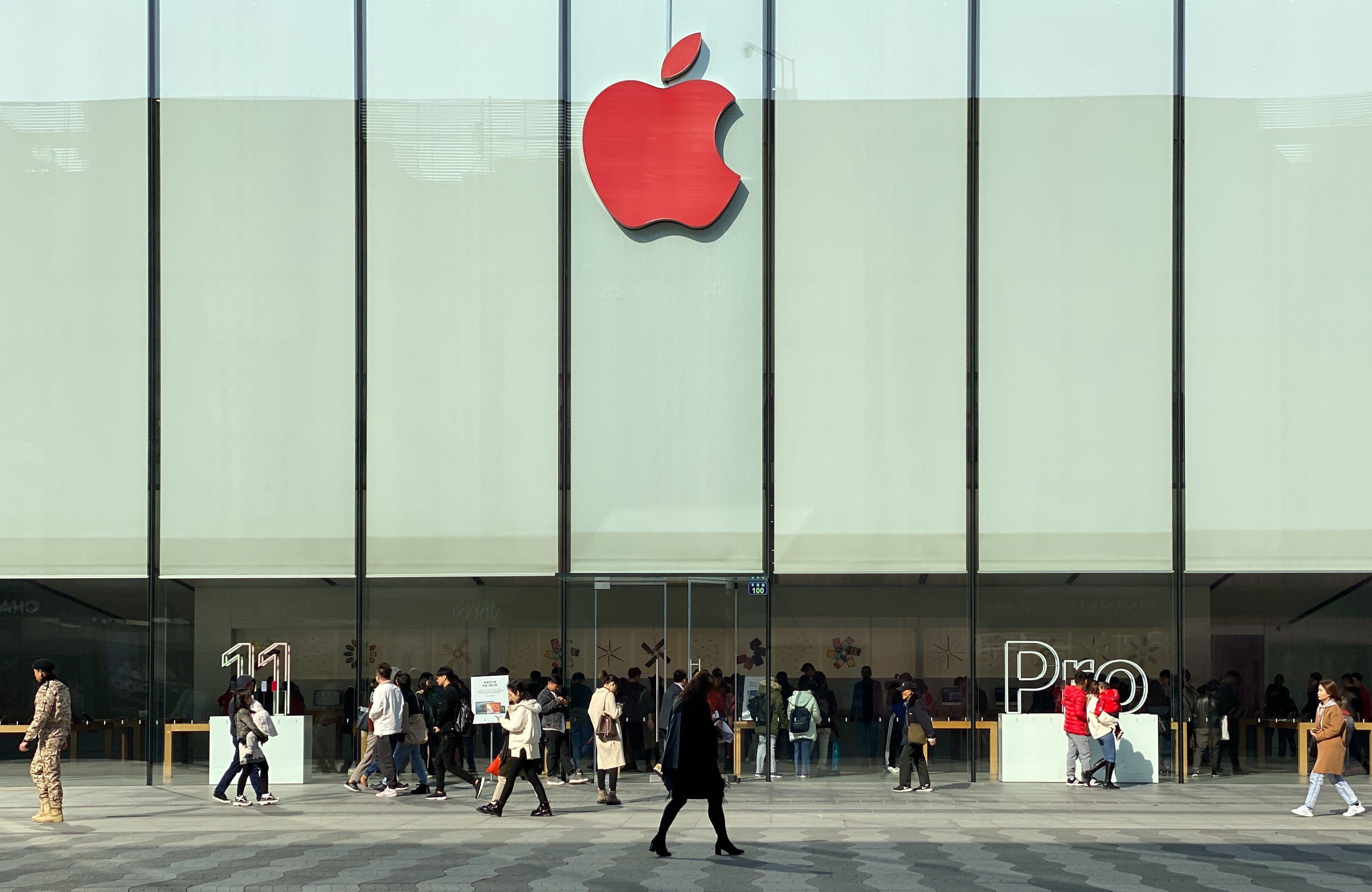Whether you’re on a crowded street in New York City or driving through rural Canada, the Apple logo is unmistakable. Whenever you see an iPhone or Mac, you know instantly who it was made by.
Apple has achieved more than tech dominance. The company has managed to get what many dream of—global brand recognition and a legacy that will long outlive anyone on the planet right now.
But this kind of success doesn’t come overnight and is challenging to mimic. So, just what is the secret Apple sauce? Here's what we think.
A Clear Mission
Apple didn’t stumble onto success by accident. From its early days, the company made very clear how it aims to impact the world. An article on The Balance Everyday explains that according to Interbrand Pacific Founder David Andrew, who is also a well-known marketing expert, Apple’s first mission statement was:
Apple is dedicated to the empowerment of man—to making personal computing accessible to each and every individual so as to help change the way we think, work, learn, and communicate.
The company has stuck to that principle to this day. Its narrow focus was clear to see in 1997 when Steve Jobs said that “innovation is saying no to 1,000 things.”
When Jobs went on medical leave in 2009, then-acting CEO, Tim Cook (who is now still the company’s leader), echoed these thoughts. As quoted in the same article from The Balance Everyday, Cook said:
We believe in saying no to thousands of projects so that we can really focus on the few that are truly important and meaningful to us. We believe in deep collaboration and cross-pollination of our groups, which [allows] us to innovate in a way that others cannot.
Even if Apple does nothing else ever again, the fact you can access the internet from anywhere—with a device that fits in your hand—means that mission is fulfilled.
Because Apple knows how it wants to impact the world, its products, strategy, and everything else are much easier to create.
Fine-Tuning the Innovations of Others
Apple didn’t strictly invent many of the core products it has become famous for. The internet, for example, existed on cellphones way before the first iPhone. And companies like LG introduced touchscreen devices before that as well.
But building a successful product doesn’t always need to stem from a 100 percent original idea. Sure, Apple wasn’t the first company to think of the computer or smartphone. What it did do, however, was fine-tune these products for market consumption.
What distinguishes Apple from other companies is that it is not afraid to take other ideas and make them better. As Cook said in a 2015 interview with Fast Company:
We weren’t first on the MP3 player; we weren’t first on the tablet; we weren’t first on the smartphone. But we were arguably the first modern smartphone, and we will be the first modern smartwatch—the first one that matters.
The mindset Apple has adopted is also vital for constantly improving its own products. If the company was too afraid to develop existing ideas, we wouldn’t have iPhones and Macs with today’s capabilities.
Customer Experience
Apple’s success goes beyond its products.
Considering how competitive the tech space is these days, having a fancy smartphone or computer isn’t enough. Other areas that Apple excels in are user experience and customer service.
The company’s products have more capabilities than you can count on one hand. And yet, despite this, they are easy to use. When you turn on an iPhone or Mac for the first time, one of the first things you’ll notice is the user-friendly interface.
Beyond the product’s functionalities, Apple also releases regular updates. As such, even products released years ago continue to work well. This longevity means that many people see buying an iPhone, Mac, or another Apple product as a long-term investment.
Apple also gets people to buy into the company at a young age. One example is how it offers students discounted deals, making Apple products more affordable.
Once those customers are ready to upgrade, they will often have higher purchasing power. So, they can buy another Apple product at full price.
Apple also prides itself on customer service. When something goes wrong, you can expect that you’ll get the necessary help at one of Apple's certified service providers. Staff in this area receive comprehensive training and usually also use the products themselves.
Having this level of personal touch allows people who work for Apple to buy into the company’s vision. And that has a significant impact on how they treat customers.
Success in China
Apple’s success in the West is unprecedented. In the US, UK, Canada, and elsewhere, its products are sought after. Moreover, fans eagerly await every new product launch.
But what’s striking is how it’s done what for many is unthinkable—created a market stronghold in China.
In China, making an impact as a foreign company is notoriously difficult. Amazon is one of many big names to fail, and the Chinese government deems many tech companies to be a threat.
Yet Apple isn’t just surviving in the country; it has also developed strong customer loyalty. Though its sales suffered in the final quarter of 2020, Apple still sold $7.9 billion worth of products in China. And in Q4 of the previous year, that number stood as high as $11.1 billion.
But why has Apple enjoyed success in the world’s largest country by population?
One of the biggest factors is simple—Apple understood Chinese consumers’ needs. In 2015, China Market Research Group Founder Shaun Rein pointed CNBC to how Apple found success with the iPhone 6:
Most people don’t have TVs in their homes here, and the young Chinese use their mobile phones for everything—to watch movies, talk to friends and play video games. So, having that big screen was critically important.
Beyond that, the company also saw China as an opportunity to tap into economic growth. China’s middle class is growing significantly and has been for years. Therefore, many citizens have a higher purchasing power now.
Apple not only offers a product that works. Its products are also viewed as a status symbol in many countries, which is also true in China.
Apple’s Success Comes Down to a Clear Mission and Thinking Outside the Box
Apple’s worldwide success is an interesting case study. Beyond achieving dominance in Western markets, it has managed to build a loyal base of buyers in countries that are notoriously competitive for foreign companies.
At its core, the principles of Apple’s rise to power are simple. Its mission is clear, and both staff and customers buy into it. While famed for innovation, the company is also not afraid to take ideas and make them better.
In short, Apple stays strong to its brand identity. And that’s why you instantly recognize its products too.



